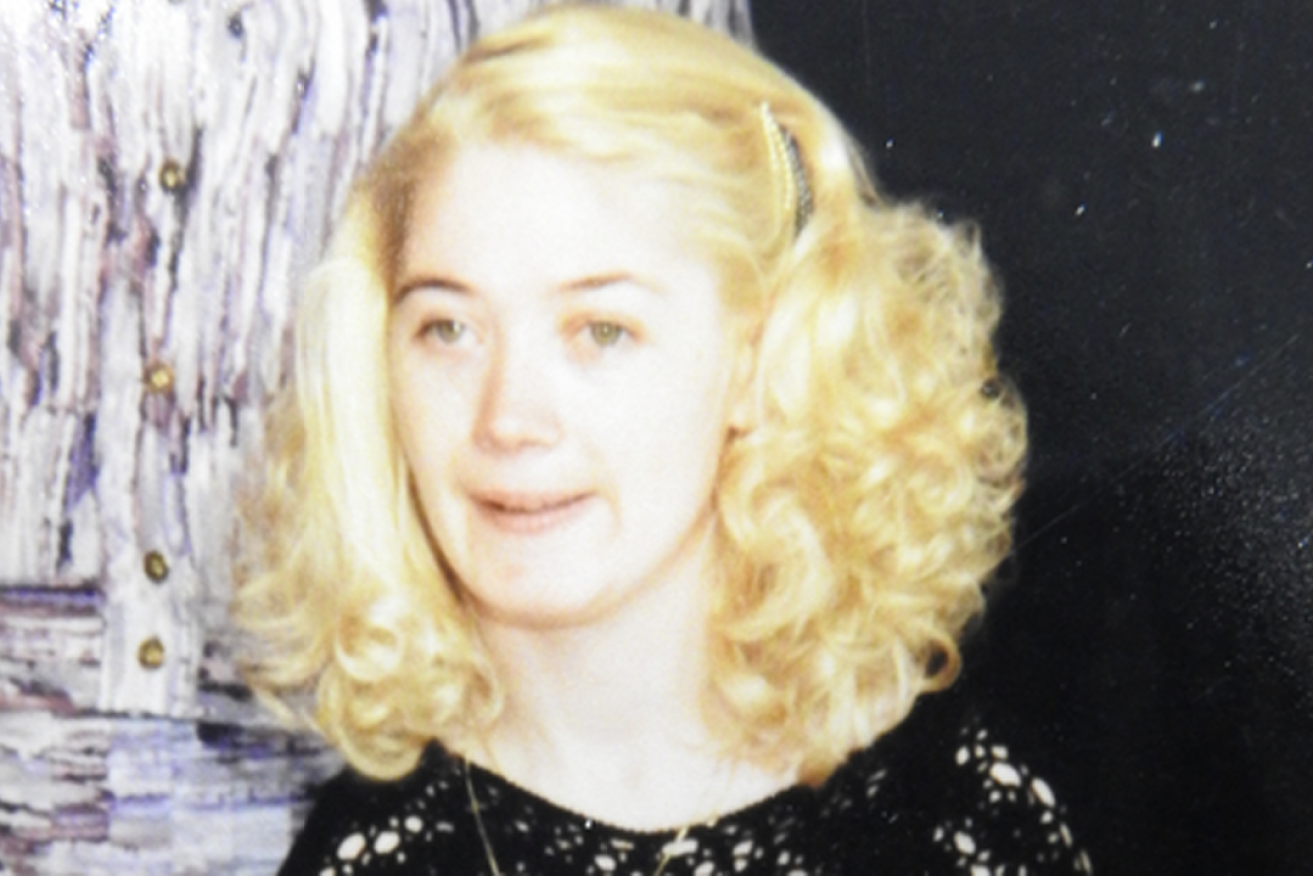State Government ‘was warned about disability checks’
The former head of South Australia’s Community Visitor Scheme has condemned the State Government over its handling of welfare checks for disabled people, in the wake of a police investigation and inquiries into the death of Adelaide woman Ann-Marie Smith in horrific circumstances.


Ann-Marie Smith. Image supplied by SA Police
Smith died in the Royal Adelaide Hospital on April 6 from septic shock, multiple organ failure from severe pressure sores, and malnourishment developed at her Kensington Gardens home while under the watch of NDIS-administered operator Integrity Care SA, who provided Smith’s carer.
SA Police have declared the death of the 54-year-old with cerebral palsy a major crime, and launched a manslaughter investigation.
Integrity Care SA on Sunday said it had sacked Smith’s female carer, but did not explain how a single carer was meant to provide the daily support that Smith needed, or what other checks were made on her welfare.
Smith was previously under the care of state-run Disability Services SA, but was transferred to the federal NDIS in 2018.
In a letter to InDaily, the former Principal Community Visitor of SA’s Community Visitor Scheme, Maurice Corcoran, said Premier Steven Marshall and the State Government had not acknowledged “the reduction in scope and coverage of the SA CVS”.
“In May 2019, the Marshall government made a decision to reduce the coverage and scope of the CVS and prevented it from visiting individuals with disabilities in group homes and cluster homes who are being supported by Non-Government Organisations (NGOs),” Corcoran said.
“This resulted in the CVS no longer visiting 2200 individuals in houses and accommodation that were providing personal support from NGOs and private companies.”
Corcoran said while it would have been “unlikely” the CVS would have visited Smith in her private home unless there was a request by a concerned party, South Australia had not acted to understand the causes of preventable deaths for people with disability.
“This has been a horrible, tragic and preventable death,” Corcoran said.
“The NDIS Quality and Safeguards Commission commissioned a study into preventable deaths by Prof Julian Trollor using existing studies in this area such as the New South Wales ombudsman biannual reports into preventable deaths of people with disabilities.
“Prof Trollor argued that there were over 400 preventable deaths of people with disabilities every year in Australia.”
Corcoran said NSW, Queensland and Victoria had all done subsequent reports into preventable deaths of people with disability, but South Australia had not.
“The Disability Reform Council … commissioned an independent review of community visitor schemes across Australia … backed by the NDIS Quality and Safeguards Commission,” Corcoran said.
“The report by WestWood Spice found that community visitor schemes have a different but important role in … picking up on irregularities and issues and being an early warning sign.
“They acknowledged that the NDIS Quality and Safeguards Commission do not proactively do regular visits to disability accommodation services; they rely on complaints being lodged to them or concerns arising from auditing and compliance.”
Corcoran said the report stated states and territories with the visitor scheme should continue with the initiative while the two states without the scheme – WA and Tasmania – should consider developing and implementing similar schemes.
“Despite this very positive report which the state government had in December 2018, they continued with their position to reduce the scope and coverage of the SA CVS. All other states that had visitor schemes made amendments to legislation or regulations to enable their schemes to continue.”
Corcoran said he believed the state government had received advice from the department that legislative provisions to enable community visitors to visit people with non-government organisations was contained within the SA Disability Services Act.
“Now that individuals were receiving funding through the NDIA and the Commonwealth, the act was no longer applicable,” he said.
Human Services Minister Michelle Lensink said in a statement that while the Community Visitor Scheme “never had the role of visiting people in their homes” it continued to “visit people living with disability in State Government operated facilities and has the power to visit any NDIS client under guardianship in non-government organisations.”
“The role of the CVS continues to evolve and in October last year, the Marshall Liberal Government expanded the CVS role to include our most vulnerable South Australians who are under the guardianship of the Public Advocate.” she said.
“The Marshall Liberal Government appointed Disability Advocate Dr David Caudrey to further assess safeguarding provisions for people with disability in SA.
“After receiving the Federal Government report on CVS schemes in December last year, I requested Dr Caudrey review the CVS scheme in South Australia to ensure national consistency and identify any gaps in the system and that review continues.
“Ann-Marie Smith’s recent tragic death has highlighted gaps in the NDIS system and we are determined to ensure all the proper safeguards are in place to prevent such an event happening again.”
Corcoran, a long-term advocate for people with a disability, left his position as Principal Community Visitor last September after eight years in the role.
Want to comment?
Send us an email, making it clear which story you’re commenting on and including your full name (required for publication) and phone number (only for verification purposes). Please put “Reader views” in the subject.
We’ll publish the best comments in a regular “Reader Views” post. Your comments can be brief, or we can accept up to 350 words, or thereabouts.




